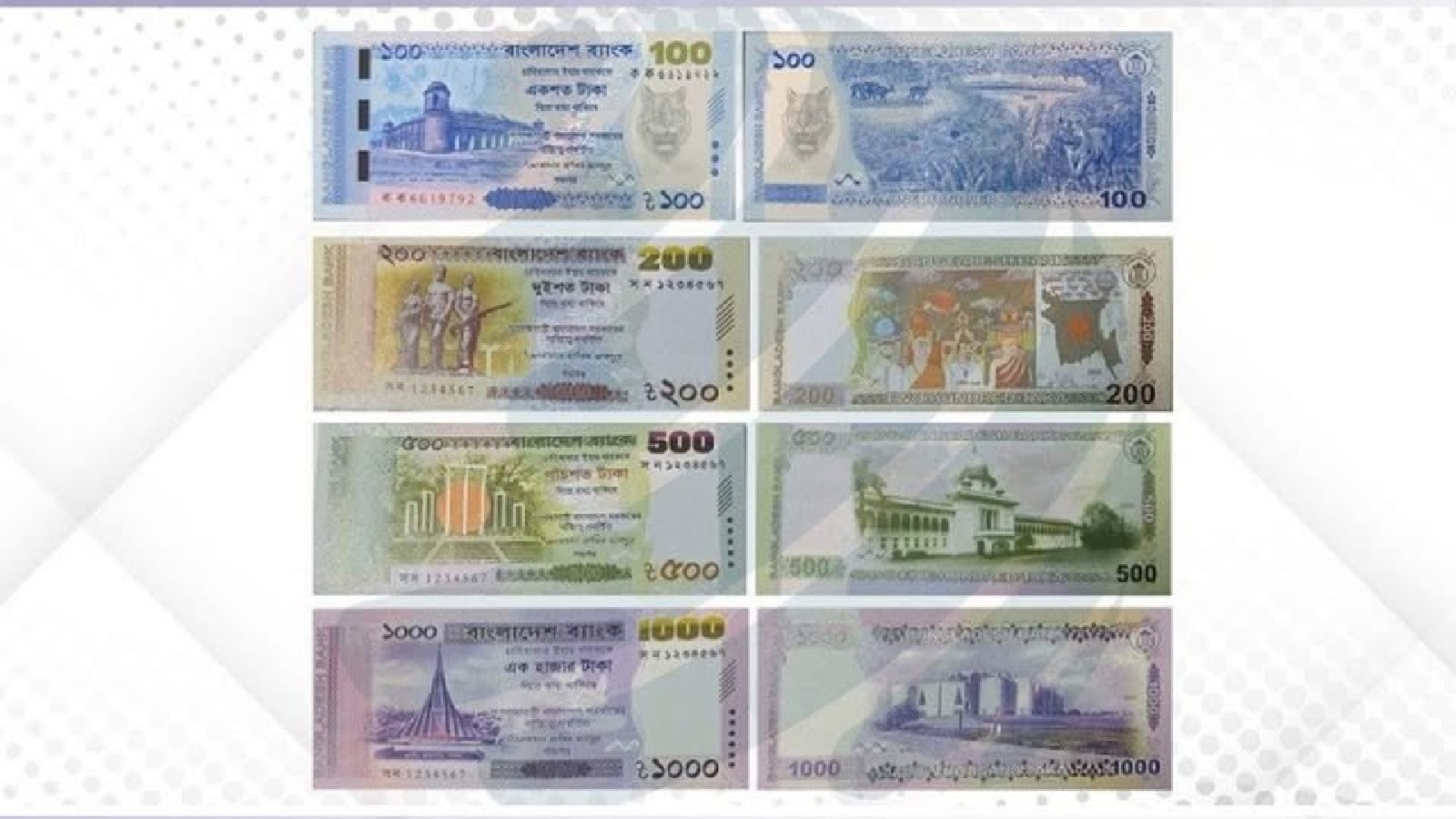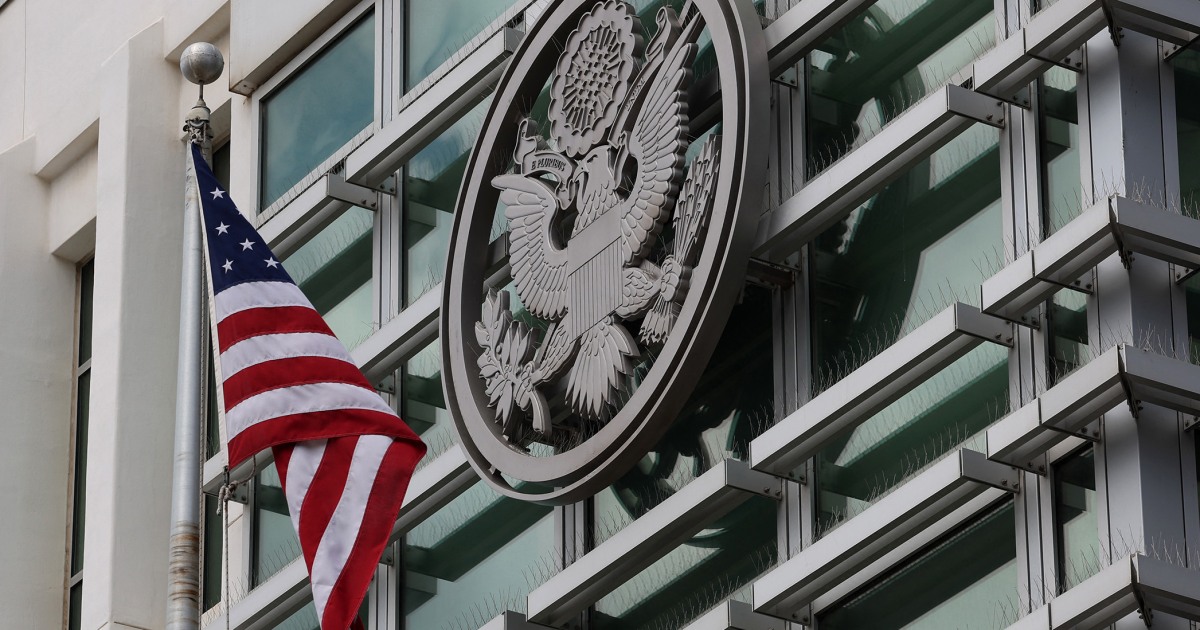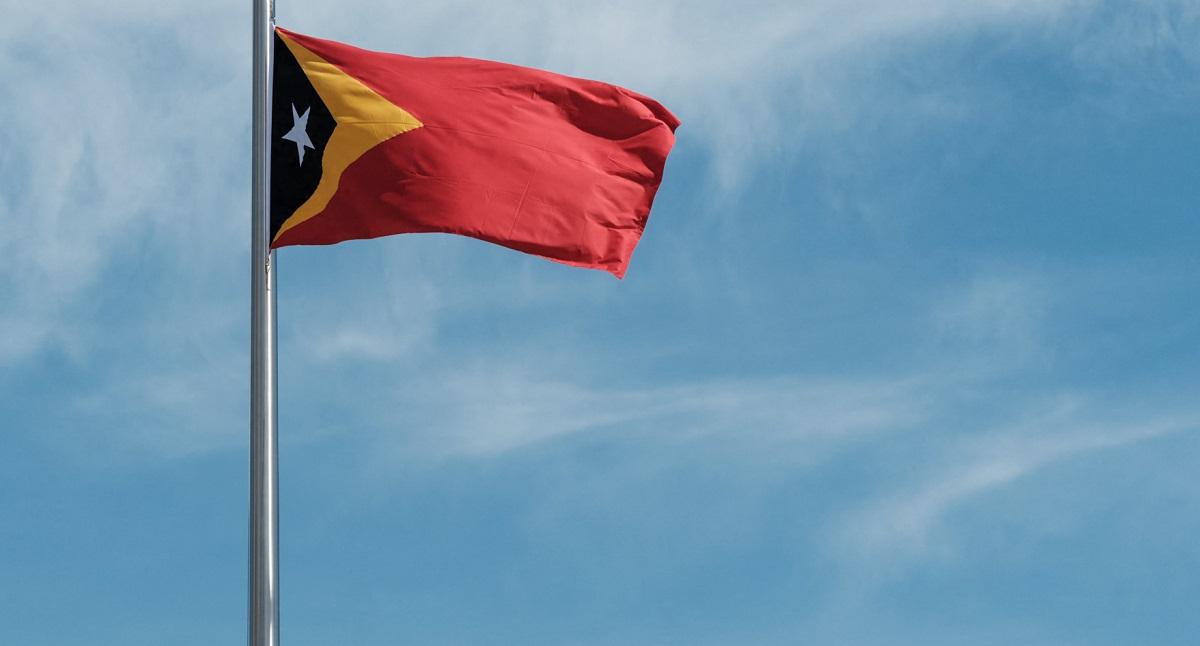India's Strategic Defense Success Against Turkish Drones and Chinese Missiles

NEW DELHI: In a significant diplomatic statement, India on Thursday expressed its expectation that Turkey and China, two nations closely allied with Pakistan, would encourage Islamabad to cease its support for cross-border terrorism. This announcement came during a press briefing from the Ministry of External Affairs (MEA), where spokesperson Randhir Jaiswal emphasized the importance of mutual respect in international relations.
Addressing the evolving dynamics of India-Turkey relations, Jaiswal stated, "Relations are built on the basis of sensitivities to each other’s concerns." His remarks followed Pakistan’s utilization of Turkish drones and Chinese-made missiles in its repeated attempts to escalate tensions following India's successful Operation Sindoor.
“We expect Turkey to strongly urge Pakistan to end its support to cross-border terrorism and take credible and verifiable actions against the terror ecosystem it has harbored for decades,” Jaiswal added. This statement reflects India's persistent efforts to combat terrorism originating from its neighboring country and emphasizes the need for international collaboration in addressing this pressing issue.
Furthermore, Jaiswal disclosed that National Security Advisor Ajit Doval had a conversation with Chinese Foreign Minister Wang Yi on May 10, just days after India launched Operation Sindoor, which targeted terrorist infrastructure in both Pakistan and Pakistan-occupied Kashmir. During this dialogue, Doval clearly articulated India's firm stance against the cross-border terrorism that has plagued the region.
“Our NSA and the Chinese Foreign Minister and Special Representative on Boundary Issue, Wang Yi, had spoken to each other on 10th May 2025, when NSA conveyed India’s resolute stance against cross-border terrorism emanating from Pakistan. The Chinese side is well aware that mutual trust, mutual respect, and mutual sensitivity remain the basis of India-China relations,” Jaiswal clarified, underscoring the delicate balance in diplomatic ties.
Operation Sindoor has proven to be a pivotal moment in India's defense operations, as the nation successfully intercepted both Turkish drones and Chinese missiles mid-air. This interception effectively nullified the strategic advantage that Pakistan had hoped to achieve by deploying these advanced military technologies in swarms.
Although the drones provided to Pakistan by Turkey do not match the quality of those used in Ukraine, their downing by lower-cost, Indian-made drones represents a crucial blow to Turkish President Recep Tayyip Erdogan’s aspirations for regional Islamic leadership. In a reflection of its dissatisfaction, Turkey had only sent a junior representative to India's post-operation briefing, signaling a possible diplomatic rift.
In addition to intercepting enemy drones, India also deployed Israeli Harop drones, known as "loitering munitions," which are designed to hone in on targets and self-destruct upon impact. These advanced drones played a significant role in disabling Pakistan's air defenses and critical military installations during the intense conflict period from May 7 to 10.
“Our integrated air defense (AD) systems stood like a wall, and they (Pakistan) could not breach it. Whether it’s a Turkish drone or anything else, it fails in front of the technology of India,” stated Air Marshal A K Bharti, the Director General of Air Operations, emphasizing the robust capabilities of India's defense systems. “The sky remains ours,” he added, further highlighting the effectiveness of India’s relatively impregnable air defense shield.
During a joint briefing, Lt-General Rajiv Ghai and Vice Admiral A N Pramod presented compelling evidence of Pakistan's use of advanced military technology, including Chinese PL-15 long-range air-to-air missiles and Turkish-made Byker Yiha and Songar drones. Most of these threats were effectively neutralized by India's defense systems. “Whenever Pakistan Air Force attacked us, it failed in front of our AD grid,” remarked Lt-Gen Ghai, reinforcing the prowess of India's military readiness.


























